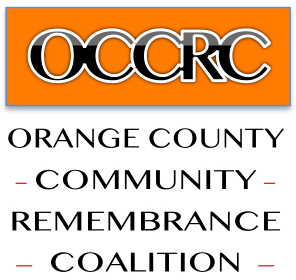75th Anniversary of the Journey of Reconciliation

On April 9, 1947, the Congress of Racial Equality (CORE) sent 16 brave civil rights activists, 8 Black and 8 white, to ride together on buses through the American South. Why was this a dangerous and revolutionary action? With the South still in the clenches of Jim Crow laws and etiquette, CORE’s mission was to test a recent Supreme Court decision, Morgan v. Virginia (1946), which had actually struck down segregation on interstate bus travel. This so-called “Journey of Reconciliation” in 1947, a critical precursor to the more known Freedom Rides of the 1960s, lasted two weeks. Throughout that time, riders tried 26 different seating arrangements on various buses across Virginia, North Carolina, Tennessee, and Kentucky. Riders were arrested during six of those attempts.
On April 13, 1947, on the last leg of the trip departing from Chapel Hill, NC to Greensboro, NC, four riders (including CORE treasurer Bayard Rustin) were arrested after being attacked by an angry mob. They were tried, convicted, and sentenced to serve 30 days on a chain gang. With their appeal to the Supreme Court denied, three of the Riders surrendered at the Hillsborough Courthouse in March of 1949 to serve their sentence on segregated chain gangs in Roxboro, NC.
75th Anniversary Events Funding for these events was provided by Humanities for the Public Good, an initiative at UNC-CH’s College of Arts & Sciences. Visit Chapel Hill’s Bus Shelter in Commemoration of the Journey Art + Transit aims to bring more artistic vibrancy to the daily commute and enliven unsuspecting spaces throughout Chapel Hill. As such, since 2018, Art + Transit has been commissioning Triangle-based artists to create art for many bus shelters around Chapel Hill and Carrboro. As part of this initiative, Art + Transit will be commemorating the Journey of Reconciliation at the bus shelter at the Rosemary Street & Columbia Street parking lot. The installation will be completed the week of April 11. Teach About the Journey & Related History Learn More About the Journey & Related History Sponsoring Organizations of Commemoration Planning & Events







